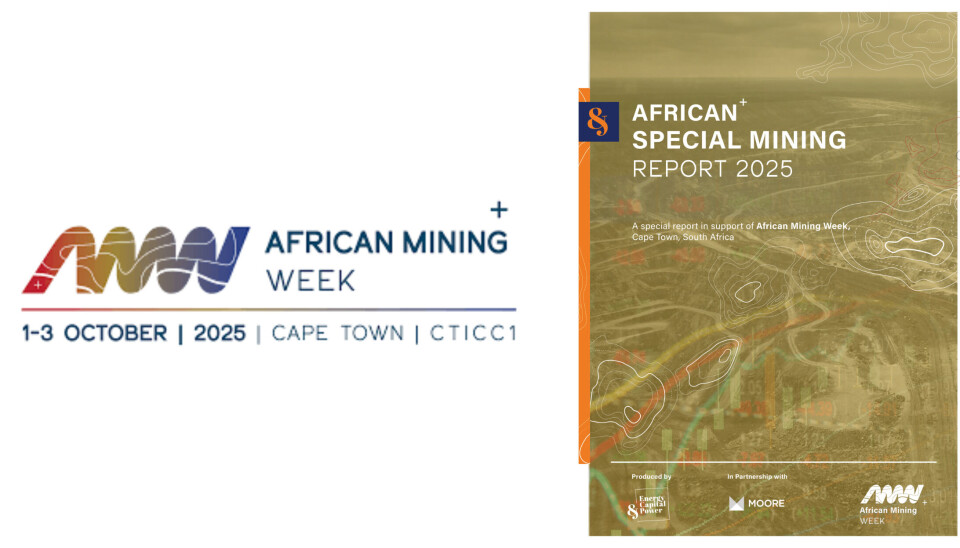Copyright : Re-publication of this article is authorised only in the following circumstances; the writer and Africa Legal are both recognised as the author and the website address www.africa-legal.com and original article link are back linked. Re-publication without both must be preauthorised by contacting editor@africa-legal.com
Africa’s mineral wealth can be a strategic lever in the global energy transition, says new report

Africa holds an estimated 30% of the world’s critical mineral reserves. Ahead of Africa Minerals Week, a new report outlines how now is the time for Africa to lead global energy transition
Africa is rapidly transforming from a source of raw mineral supply to a key player in global mining and mineral processing, says the African Special Mining Report 2025, a definitive analysis of Africa’s mining landscape that has been released this week.
“Once primarily the target of offtake deals, the continent is now positioning itself at the forefront of battery innovation and mineral value chains, evolving from a geological powerhouse to an industrial and strategic leader,” says the report.
“Africa’s long-term economic upside lies not in exporting ore, but in refining, assembling and innovating within its borders,” it says. “Africa’s mineral wealth is not merely a resource – it is a strategic lever in the global energy transition.”
If it invests in processing, scaling up factories, and inclusive, traceable supply chains, Africa can transform from exporter to manufacturer, from participant to leader.
The report was compiled by Energy Capital & Power, hosts of African Mining Week, in partnership with global accounting, audit and advisory network Moore Global.
African Mining Week serves as a premier platform for exploring the full spectrum of mining opportunities across Africa. The event will be held alongside African Energy Week: Invest in African Energies 2025 conference from 1-3 October in Cape Town.
The new report, says Energy Capital & Power, is a timely publication that captures Africa’s growing profile as a destination for strategic mineral investment (from copper and cobalt to lithium, gold, graphite and iron ore), while providing actionable insights into the trends, policy shifts and financing structures shaping Africa’s mining future.
“Africa sits at the heart of a global inflection point,” states the report. “With surging demand for clean energy technologies and a race to secure critical mineral supply chains, the continent’s vast reserves of cobalt, lithium, manganese, graphite and platinum group metals (PGMs) position it as a cornerstone of the energy transition.”
As examples, the report notes the DRC alone holds 50% of the global reserves of cobalt, which is vital for lithium-ion batteries, and South Africa holds 90% of the world’s platinum reserves, needed for hydrogen fuel cells and catalytic converters.
With copper demand expected to rise more than 40% by 2040, driven by electric vehicles, grid upgrades and digital infrastructure, and tightening supply, Africa’s Copperbelt is poised to fill the gap. “Africa’s Copperbelt is not just resurging – it’s setting the pace for new infrastructure, cleaner production and regional partnerships,” says Kiana Van Vuuren, Mining Lead at Moore Johannesburg.
With high-grade deposits, active mine expansions, and growing international
interest, Zambia and the DRC are redefining their role in the global copper ecosystem. The challenge now, notes the new report, lies in managing
resource wealth effectively – ensuring that revenues support long-term development, infrastructure and industrialisation.
“As global buyers place growing emphasis on reliability and ESG standards, logistics can make or break mining investment decisions. To unlock the full value of its resources, Africa must build key mineral corridors that are not only efficient but also secure, climate-resilient, and governed transparently. For investors, these routes are more than infrastructure – they’re the arteries of Africa’s mining future.”
